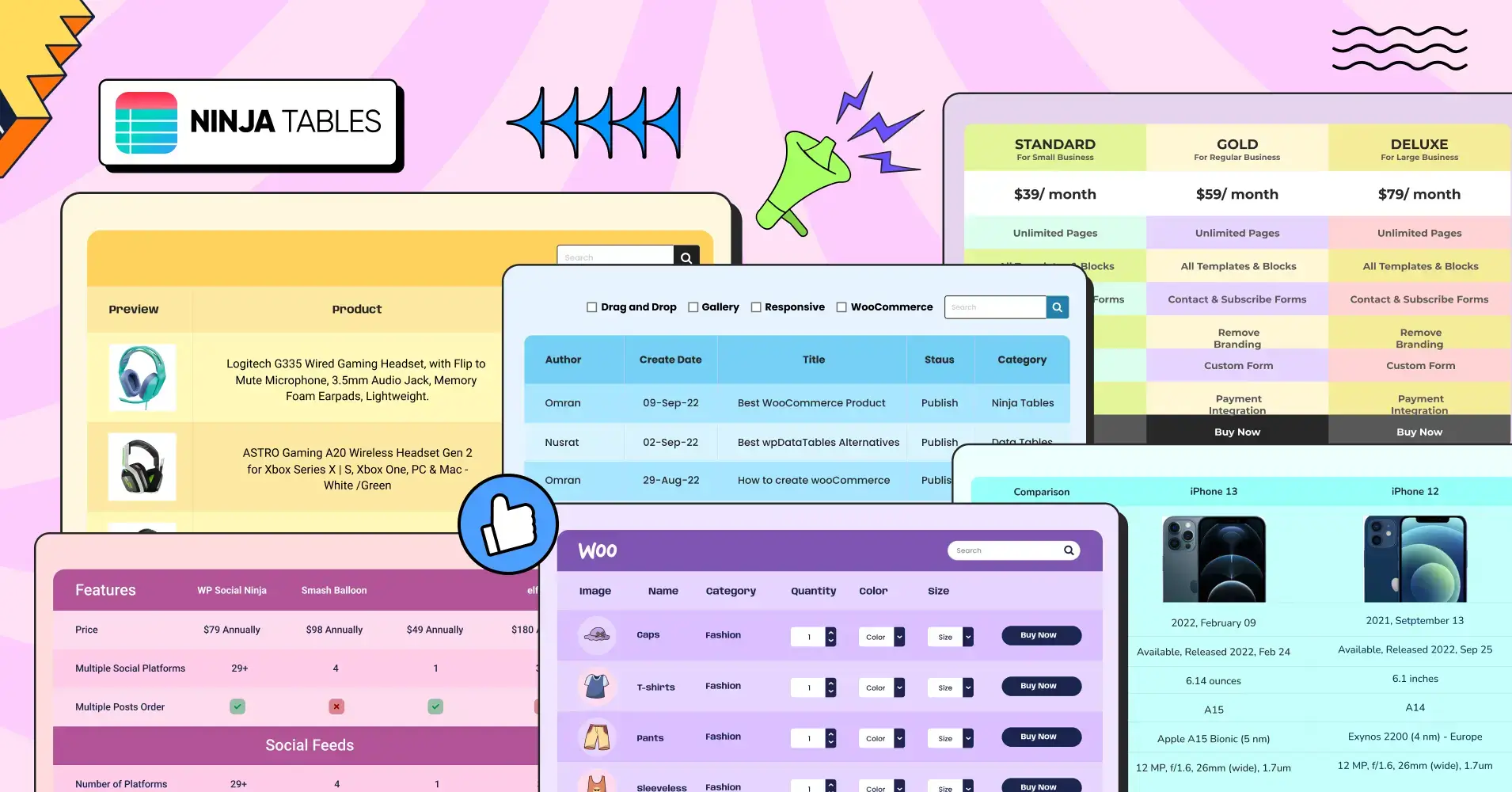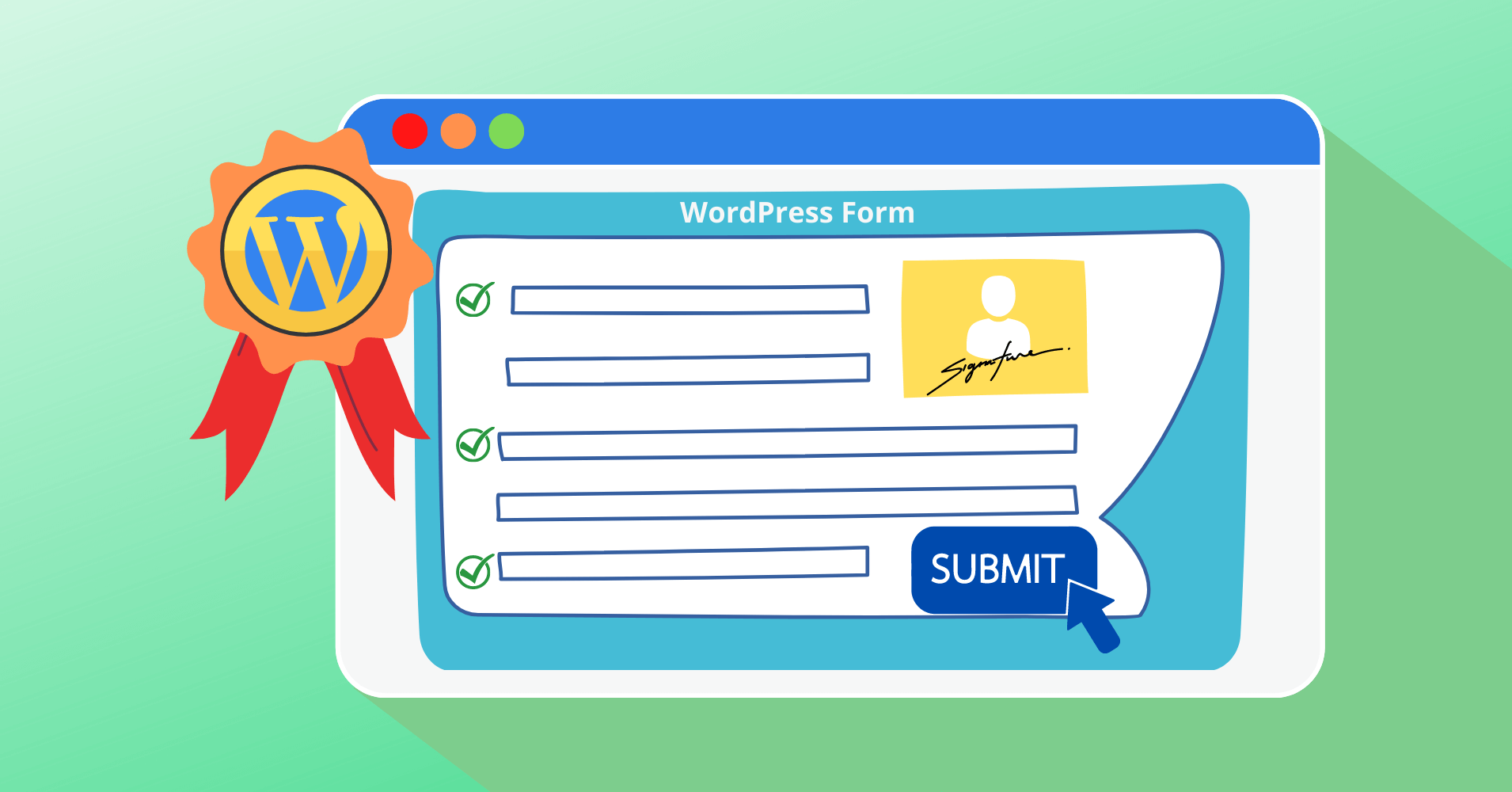Marketing Strategy 2025: Shaped by Consumer Trends

Marketing in 2025 isn’t just about following trends—it’s about keeping up with consumers who are redefining the game. Attention spans are shrinking, expectations are high, and loyalty now hinges on seamless, hyper-personalized experiences and competitive marketing strategies. Brands that fail to adapt? They won’t just fall behind; they’ll become irrelevant.
Studies show that brands prioritizing adaptability—whether through AI-driven insights, automation, or customer-first engagement—are the ones leading the industry. The question is, are you keeping up?
In this blog, we’ll break down the biggest marketing strategies shaped by recent consumer trends and how you can turn them into actionable steps. Because in a world where consumers set the rules, the smartest brands are the ones that listen to the twists and turns, and finally evolve accordingly.
Let’s see the trends in action and take form into marketing strategies for 2025.
Marketing Strategy Examples
As always, we’ll keep the strategies grounded in what’s happening now with the early adopters and research on adoption and trends, including our Consumer Trends 2025 report we’ve published recently.
With insights into emerging trends and actionable steps, you’ll learn how to turn technology into a growth engine for 2025 and beyond. Let’s dive in.
Embracing Digital Transformation
Digital transformation will continue to be a cornerstone of marketing strategies. By 2025, the integration of AI, machine learning, and big data analytics into every facet of marketing will become the norm. Businesses will leverage these technologies to personalize customer experiences, predict consumer trends, and optimize marketing campaigns in real-time. Enhanced data analytics will enable companies to gain deeper insights into customer preferences, allowing for more effective targeting and engagement.
Diving deep into data for decision making
Numbers scare you? Well, you’re not alone. But now it’s much easier to face those numbers scattered everywhere, thanks to many ideal data analytics tools. Data-driven decision making always comes in handy, especially in marketing. It helps to make precise planning, execution, and ultimately success! Whatever the changes bring, you as a marketer need to make informed decisions to stay ahead of the game. Analyze customer and market data to identify patterns, shifts, optimize full potential, and personalize experiences according to those. Advanced analytic tools can help you uncover actionable insights to redefine strategies in real time, make changes based on the shifts, and adapt quickly to the forthcoming trends.
Social Media Marketing
Social media marketing involves leveraging platforms like Facebook, Instagram, Twitter, LinkedIn, and TikTok to connect with you, share valuable content, and enhance brand visibility. Identify where your target audience is most active to maximize effectiveness and tailor your content accordingly. This strategy involves crafting visually engaging posts, utilizing platform-specific features (like Instagram Stories or TikTok challenges), and engaging with your audience through comments, likes, and shares. Consistent authentic interaction strengthens community ties and helps gather feedback and insights into customer preferences and behaviors.
Rise of Short-Form Video Content
The penchant for bite-sized video content is not slowing down anytime soon. With platforms like TikTok and Instagram continually driving engagement through short-form video, brands are expected to double down on this trend. These videos provide quick and memorable user experiences, often becoming viral sensations. As a result, marketers should amplify their efforts to create snappy, creative, and impactful AI video content that resonates with their target audiences.
AI as a Central Tool in Marketing Strategy
Speaking of AI, it’s officially everyone’s new office bestie. Whether it’s ChatGPT, Claude, or Gemini, AI tools are reshaping marketing like never before. They are central to crafting impactful marketing campaigns, optimizing KPIs, and enhancing customer interactions. From automating research and campaign execution to real-time performance tracking, AI is transforming every aspect of marketing operations.
Artificial Intelligence (AI) is set to become even more embedded in marketing strategies. From predictive analytics that enable data-driven decision-making to AI-driven content creation, this technology offers limitless opportunities for personalization and efficiency. Marketers who leverage AI effectively can anticipate trends, tailor experiences, and engage customers in previously unimaginable ways.
The Rise of Sustainability and Ethical Marketing
Consumers are becoming increasingly conscious of the impact of their purchasing decisions on the environment and society. By 2025, sustainability and ethical practices will be integral to marketing strategies. Brands that demonstrate genuine commitment to sustainability will appeal more to environmentally conscious consumers. This includes transparent communication about product sourcing, production processes, and corporate responsibility initiatives.
Omni-channel Marketing Experiences
With the lines between digital and physical shopping experiences continuing to blur, omnichannel marketing will grow in importance. Businesses will focus on creating seamless interactions across online and offline platforms, ensuring a cohesive and consistent brand presence. This strategy will be supported by advancements in IoT technology, which will enable brands to gather real-time data across channels and enhance the customer journey.
Email Marketing
Email marketing remains a powerful tool for nurturing leads and maintaining relationships with existing customers. The strategy involves developing personalized campaigns that cater to different audience segments. You can send targeted messages that resonate more effectively by segmenting your email list based on demographics, past interactions, or purchase history. This personalization increases open rates and conversions. Crafting compelling subject lines, providing valuable content, and incorporating clear calls to action are essential to successful email marketing.
Micro-influencer Marketing
Collaborating with influencers who have a strong following among your target audience can enhance brand awareness and credibility. Choose influencers whose values align with your brand and who engage authentically with their followers. This partnership can take various forms, including sponsored posts, product reviews, or co-created content that highlights your brand’s unique value. The authenticity and relatability of influencers can drive engagement and conversions, as their audience is more likely to trust their recommendations.
Our Predictions for 2025 Marketing Strategy
AI-Driven Decisions: A marked increase in the use of AI to analyze data, predict trends, and drive strategic decisions is expected.
Generative Search Boom: AI generative search tools will revolutionize how we access information, necessitating changes in SEO and content strategies.
In-App Shopping: As e-commerce evolves, there will be a surge in native shopping experiences directly within apps, simplifying the purchase process for consumers.
Voice Search & Commerce: Finally, the long-awaited dominance of voice search and commerce is here, integrating more deeply into everyday life.
Hyper-Personalization: Personalization will move to unprecedented levels, with brands engaging consumers through highly tailored experiences that foster trust and community.
In conclusion, by embracing these trends and adapting their strategies, businesses can ensure they not only survive but thrive in the dynamic marketing landscape of 2025. Keeping abreast of technological advancements and consumer preferences will be key to crafting successful marketing campaigns in this new era.
Marketing Strategy Development
The marketing landscape in 2025 will be shaped by innovation, adaptability, and a deep understanding of evolving consumer expectations. Companies that invest in digital transformation, embrace sustainability, ensure data privacy, and harness the power of AI will be well-positioned to thrive in this dynamic environment. By staying ahead of these trends, businesses can build stronger customer relationships, create memorable brand experiences, and achieve long-term success.
1. Do Your Market Research
Before kicking off any plan, get to know your terrain. Analyze market trends, consumer behaviors, and demographic data to steer your strategies in the right direction.
2. Identify Achievable Goals
Set clear and measurable objectives. Whether it’s boosting brand visibility or driving sales by 20%, defined goals provide a roadmap to success.
3. Define Your Target Audience
Knowing who you’re talking to is half the battle. Create a detailed persona of your ideal customer by considering factors like age, interests, and shopping behavior.
4. Analyze Your Market and Competitors
Keeping an eye on your competition can provide critical insights. Understand their strategies, strengths, and weaknesses to find opportunities to differentiate.
5. Determine Your Unique Value Proposition (UVP)
Your UVP is what makes your business the star of the show. Distinguish what you offer that sets you apart from everyone else.
6. Allocate Your Marketing Budget
Determine how much you’re willing to invest in your marketing efforts. A well-allocated budget ensures no penny goes to waste.
7. Develop Your Content Plan
Content is the magical element that draws in customers. Craft your messaging to resonate with your audience and align with your brand’s voice.
8. Implement and Launch Marketing Campaigns
With the groundwork laid, it’s time to execute your campaigns. Strategic rollout across selected channels can maximize reach and efficiency.
9. Monitor and Measure Performance
Stay on your toes! Use analytics tools to track the effectiveness of your strategies and adjust them for optimal outcomes.
Conclusion
The digital landscape is evolving, with a shift towards creating targeted content tailored to specific audiences. Brands should focus on understanding audience needs and preferences, moving beyond keyword-based content to more dynamic, engaging formats like videos and podcasts. Engagement metrics such as click-through rates (CTR) and average session duration are crucial for measuring content effectiveness. By curating the customer journey and personalizing the experience based on audience data, brands can significantly enhance conversions across all channels.

Ninja Tables– Easiest Table Plugin in WordPress







Add your first comment to this post